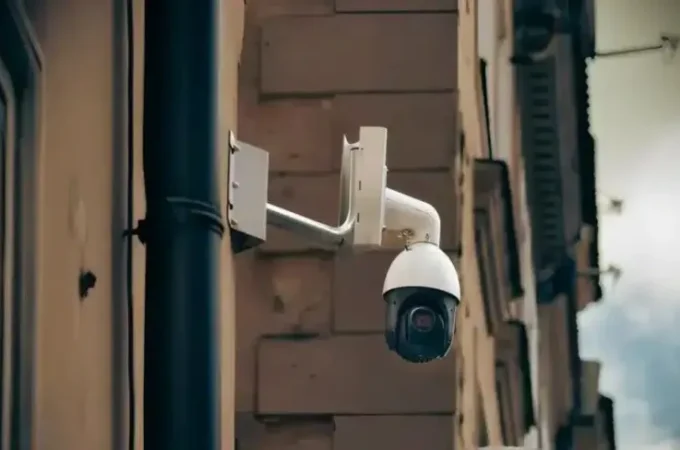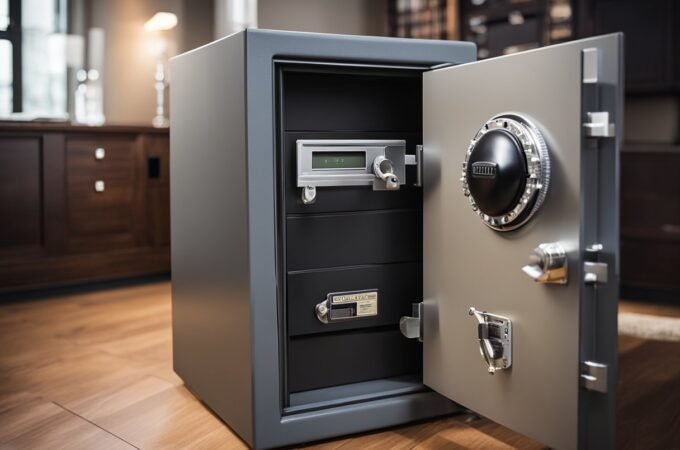
5 Essential Principles of Home Security
Market research data suggests that home security is well-positioned for growth over the next 5 to 10 years. The latest estimates suggest annual growth of more than 15.56% CAGR between 2018 and 2023.
All of that is to say that more people are turning to home security systems to keep their families and properties safe. There is no reason for them not to. Home security systems are now more affordable than ever and, thanks to wireless technology, fairly easy to install. Having an A+ Security Company is a good option to choose.
Whether you purchase a retail home security system or build your own, take the time to do some research first. Below are the five essential principles of home security to get you started. Pay attention to each of them as you evaluate your options.
Table of Contents
Toggle1. Monitoring vs. Non-Monitored Security
The first thing to consider is the difference between monitored and non-monitored home security. A monitored security system is one with some sort of remote connection. A typical monitored system is monitored by a professional company with trained specialists who know exactly how to respond in the event of an alarm.
Systems can be self-monitored as well. In other words, you can purchase and install a home security system that sends automatic alerts to an e-mail address or smartphone. If the alarm is ever triggered, you are instantly notified. Then you make the decision about what to do.
A non-monitored security system is little more than a noisemaker. Do not misunderstand, noise goes a long way toward deterring crime. But a non-monitored system does not give you the advantage of immediate response. That is something to think about.
2. Choosing Basic Components
After deciding on monitoring vs. non-monitored, you will start looking at the basic components you want to install initially. There is no sense in going full-blown unless you are absolutely sure what you need. Instead, start with a basic system and then build from there.
A basic system starts with sensors for the front door, rear door, and key first-floor windows. These are the most common entry points for burglars. If you are not covering these points, you might just as well not have a home security system at all.
At least one wireless surveillance camera is also a good idea. It should be installed facing the front door, either inside or outside the home. Note that the front door is the entry point burglars usually try first.
3. Thieves Target Specific Rooms
Next up, understand that thieves want to get in and out of the property as quickly as possible. They know what they want, and they know where to find it. The question is, do you know the one room in your home most likely to be targeted by burglars?
Believe it or not, it is the master bedroom. That’s where thieves know they can find high ticket items like jewelry, cash, and electronics. Your home security system should take this into account. You should also make a practice of not leaving valuables in the master bedroom.
4. Thieves Value Speed
Hand-in-hand with targeting specific rooms is the idea of moving quickly. Your typical burglar doesn’t want to spend more than 5 to 8 minutes inside a home. Any longer than that and the chances of getting caught go way up. This tells you to enhance the benefits of your home security by making it as difficult as possible for intruders to get in and around your home. Think deadbolt locks and block windows in the basement.
5. Doubt is the Key
The fifth essential principle of home security is understanding the goal of instilling doubt in the minds of criminals. No home security system is going to prevent someone who is determined to get in. Those are not the types of people you are focusing on. Instead, you’re investing in a home security system to deter criminals who are just as willing to go elsewhere.
The point here is to put doubt in the mind of anyone who would approach your home. If there is any doubt of a successful attempt on your property, the criminal in question will likely move on. The more you can do to create that doubt, the safer your home will be.
Mark Ligon is the Marketing Manager at a leading e-commerce store in plumbing supply. Mark focus is on DIY projects and providing creative and practical advice to individuals looking to complete DIY projects of their own





